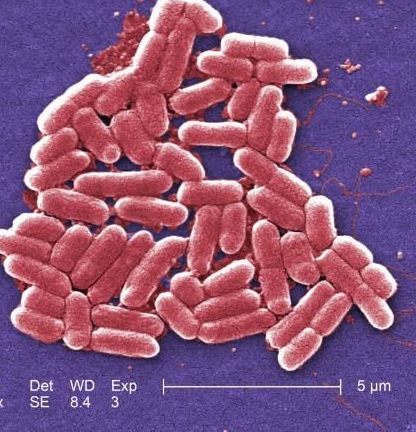The medicine cabinet is empty: G7 leaders urged to act on superbugs
The world’s most powerful leaders were told on Friday to do more to fight killer superbugs as the U.S. reported its first case of a patient with bacteria resistant to a last-resort antibiotic. The calls were led by British prime minister David Cameron after experts said the case of a 49-year-old Pennsylvania woman “heralds the emergence of truly pan-drug resistant bacteria”. Mr Cameron told G7 leaders meeting in Japan that they needed to reduce antibiotic use and reward drug companies for developing new medicines. "In too many cases antibiotics have stopped working. That means people are dying of simple infections… infections that should not mean a death sentence,“ he said.
If we do nothing about this there will be a cumulative hit to the world economy of $100 trillion and it is potentially the end of modern medicine as we know it.
David Cameron
The U.S. case is a further wake-up call for the world, although it is not the first time that resistance to colisitin - the antibiotic of last resort - has appeared. Last year, doctors were alarmed by the discovery in China of a new gene which makes bacteria highly resistant to the medicine. Since then, the deadly strain has also been detected in Europe and Canada. The European Medicines Agency on Thursday called for a 65% cut in the amount of the medicine used in farming.
The medicine cabinet is empty for some patients. It is the end of the road for antibiotics unless we act urgently.
Thomas Frieden, director of the U.S. Centers for Disease Control and Prevention

antibiotic